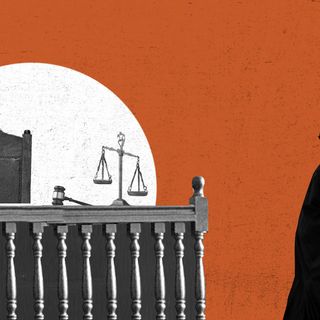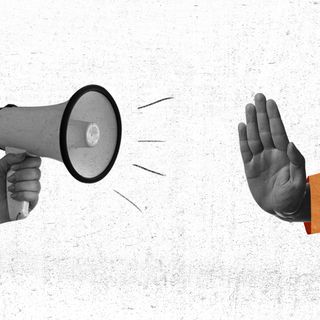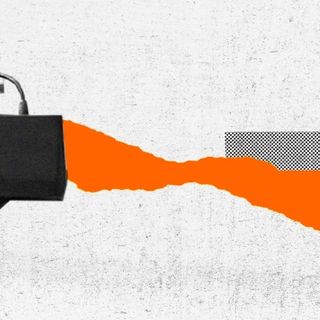Compensation for acid attack survivors must go beyond monetary payments paid to a victim of violent crimes, the Bombay High Court noted recently. The person is entitled to additional payments, free medical aid such as reconstructive surgeries, and rehabilitation facilities to lead a meaningful life.
The court’s observation was in response to a case where a woman demanded just compensation. The petitioner’s husband assaulted her and poured the flammable, corrosive substances on her face and body, leading to significant disfigurement. She incurred an expenditure of about Rs. 5 lakh for her treatment but did not receive compensation under the Manodhairya Scheme. Moreover, she also sought compensation for undergoing corrective surgeries. The trial court had refused compensation to the survivor earlier.
The high court this week directed the state government to pay Rs. 10 lakh as compensation. The bench also held that the definition of an “acid attack victim” extends to others who face violence through other corrosive substances, not just acid. “In such circumstances, the writ court will be failing in its duty if it does not direct payment of just compensation to the petitioner, as well as rehabilitation measures for the petitioner,” the bench observed, emphasizing the importance of going above and beyond to provide aid — physical and emotional.
This is in line with the Right of Persons With Disabilities Act, 2016, which notes an acid attack survivor is classified as someone with a specified physical disability. This distinction will help provide the petitioner in this case access to all rehabilitative measures under law — including free medical treatment, reconstructive surgery, further compensation.
Acid attacks are a deplorable form of gender-based violence. Between 2014 and 2019, nearly 1,500 acid attacks took place, according to data from the National Crime Records Bureau. In 2017, the Acid Survivors Foundation of India (ASFI) found a 300% increase in attacks in 2014. Despite more awareness and restrictions on the sale of acid, the menacing crime persists. The physical and psychological wounds in survivors require a multi-faceted response to address illness, disability, and victimization.
“With the alarming increase of acid attacks in the country, there is a dire need to address the issue, and above all provide compensation and rehabilitation for the victims of acid attacks,” the ASFI noted. In 2015, the Supreme Court had censured the central government for inadequate and improper rehabilitation measures.
Related on The Swaddle:
Acid Attacks Against Women Are a ‘Crime Against Entire Civilized Society’: Karnataka HC
The idea of rehabilitation sits at the center of the discourse around acid attack survivors’ recovery. The survivors face “a tremendous amount of stigma, low self-esteem, Post Traumatic Stress Disorder, and similar psychological harms,” researchers noted in a paper, adding the survivor’s constant medical attention because of the long-lasting effects of the acid administered.
Rehabilitation is the logical next step to compensation. “Even after the inclusion of this crime in the Indian Penal Code, the discourse about the crime and the condition of victims in the aftermath of the crime remains largely incomplete due to the selective focus on the medical treatment of the victims and punishment for the offenders,” a paper noted last year. The understanding of the consequences for survivors remains grievously narrow, impacting their recovery.
Rehabilitating survivors can both be physical and emotional. In a tangible sense, this may involve providing social welfare, job opportunities to survivors, and free medical treatments to undertake any constructive or related surgery.
Emotional rehabilitation is more long-term and strongly linked to social support. Social isolation and exclusion hinder the coping process for many survivors. In 2020, researchers found emotional support and psychological rehabilitation helped trigger an essential shift in feelings. “Maladaptive” psychological markings such as hopelessness and shame slowly transformed into self-efficacy and positive life orientation. The process wasn’t quick or painless but critical for their reintegration into society.
For survivors, an attack isn’t limited to the crime itself. It spills into access to justice, rehabilitation in society, regaining their identity, social acceptance, among other dimensions. So, the notion of “just compensation” must expand to include a nuanced and compassionate understanding of rehabilitation.
The high court noted the right to lead a life with dignity as specified within Article 21 of the Constitution of remains “a distant dream.” It shouldn’t be.




